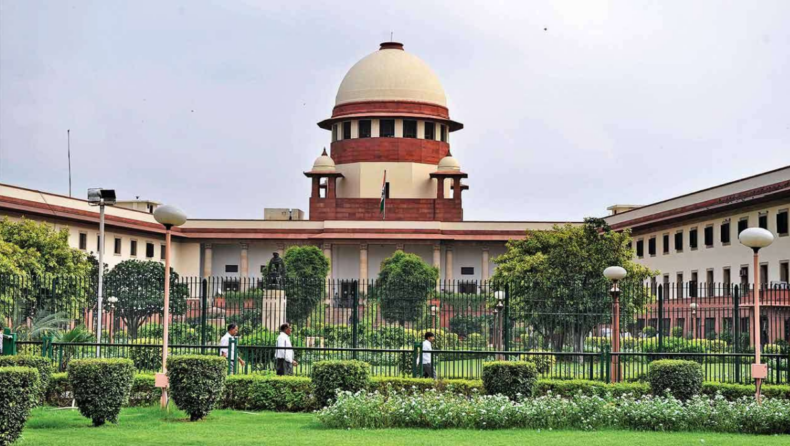On Monday the supreme court orders the centre to pay Rs 10 lakh as compensation to the man who claimed to be an Indian spy and was in jail under spying charges in Pakistan for 14 years.
The Advocate Samar Vijay Singh, appearing for the petitioner told the bench of chief justice that Mahmood Ansari was working in the Jaipur railway mail service, and in 1974 he was sent to Pakistan twice on a secret mission by the special intelligence bureau.
However, Ansari was caught by the Pakistani army and was arrested on December 12, 1976, prosecuted under the official secrets act Pakistan in 1978, and was in jail for 14 years.
Even though he sent numerous missives updating authorities on his whereabouts while imprisoned in Pakistan, an ex-parte order was issued in July 1980 to terminate his employment, according to the plea.
After being freed, Ansari returned to India in 1989 and unsuccessfully appealed his dismissal to the Rajasthan high court and the Central Administrative Tribunal.
During the session, Chief Justice of India UU Lalit and Justice Ravindra Bhat asked Additional Solicitor General (ASG) Vikramjeet Banerjee about the reasons why the government not providing any wages to the family when Ansari was on a mission and why his employment with the railways was canceled due to his nonattendance for four years without a break.
The Advocate of the petitioner provided letters that Ansari wrote to his brother and the authorities of India from jail asking for help which proved how Ansari was stuck and struggling in Pakistan.
After the hearing, the court decided to compensate Ansari as he is 75 years old now and is bedridden so the centre should pay for the wages as per his requirement. The Chief Justice of India’s bench clarified that the decision to give him the compensation was based on the factual circumstances rather than the court’s opinion of his claims.
Mahmood Ansari’s claim was fiercely found by Additional Solicitor General Vikramjit Banerjee, who was representing the centre and argued that ordering compensation would entail recognizing his assertions.












